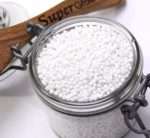
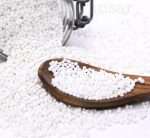
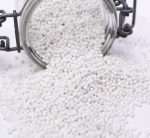

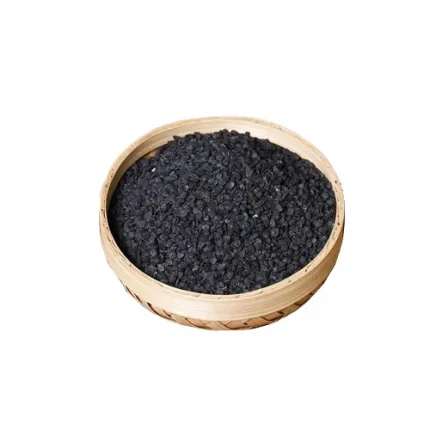
Sagodana,Metroxylon sagu(Sago) ساگو دانہ
₨250 – ₨800
Overview
Sago, also known as sabudana, which is sold in the market in the form of small bead-like balls, is a processed and easily digestible food made up of starch and also a rich source of carbohydrates. The sago pearls (sabudana) are small; Their size usually varies from 2 to 4.5 mm. To ensure national food security, especially at the time of natural disasters, indigenous crops like sabudana make a great choice due to their resilience against harsh environmental changes.
Benefits
- Provides Ample Energy.
- Fortifies Bone Density.
- Supports Gluten-Free Diet.
- Supplies Essential Amino Acids.
- Keeps Blood Sugar Levels In Check.
- Treats Anemia.
- Boosts Nervous System Function.
- Augments Heart Health.
- Ensures Healthy Pregnancy.
- Nourishment For Babies.
- Treats Diarrhea.
- Diabetic Patients.
- Metabolic Disorders.
- Longer Shelf Life.
- Bestows Even Skin Tone.
- Supplies Anti-Aging Benefits.
- Pacifies Acne.
- Prevents Hair Fall.
- Anti-Dandruff Solution.
Side Effects:
The most common side effects of sabudana are related to the cyanide glucosides present in cassava detected by aquacyanocobyrinic acid sensor.
Sabudana derived from cassava may have various compounds such as cyanogenic glucosides, which can affect the iodine utilization in the body and disrupt the thyroid function leading to hypothyroidism.
Chronic intoxication of cyanide may lead to neurological disorders.
| Weight | , , |
|---|


 Shop layouts
Shop layouts
 Food Supplements
Food Supplements
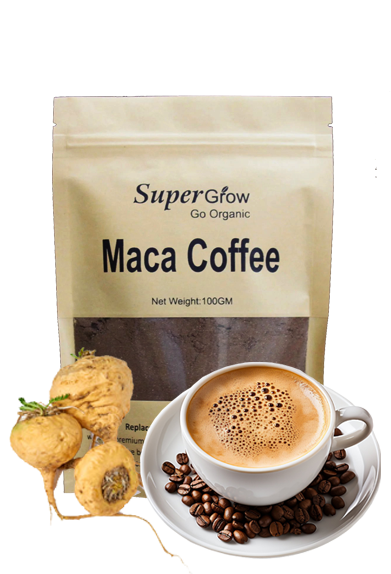
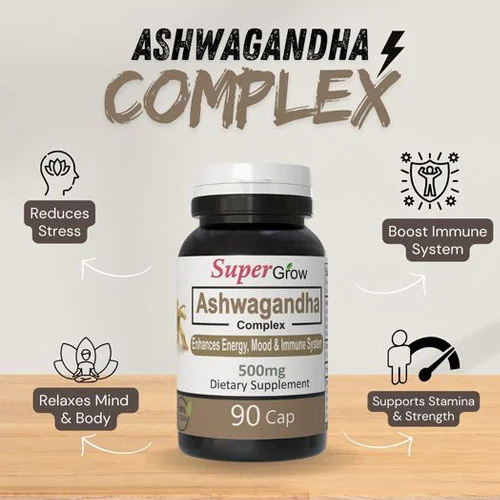






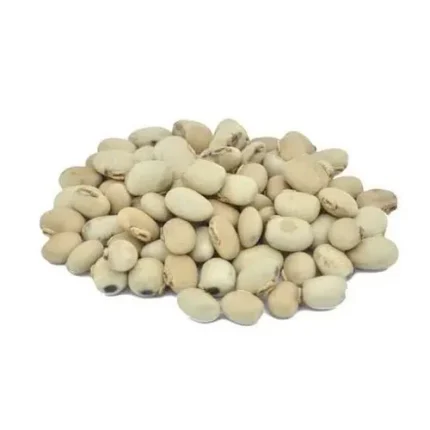
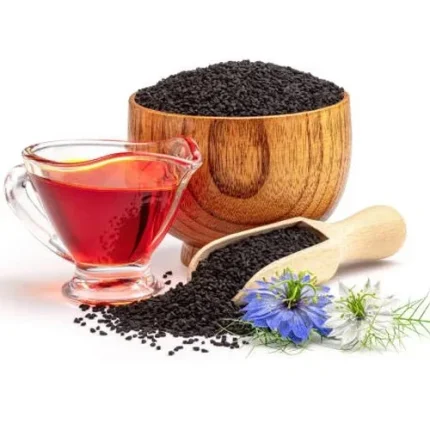
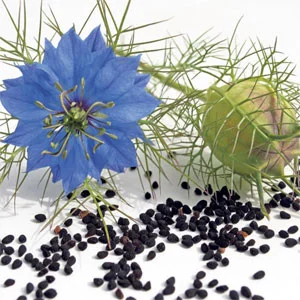
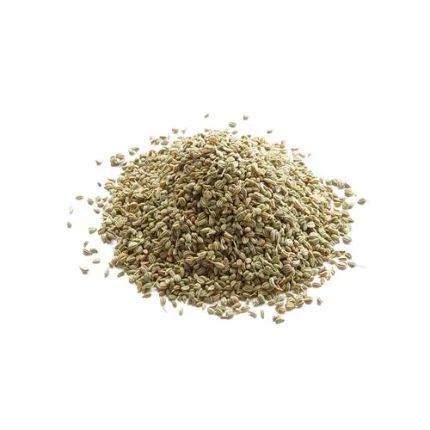
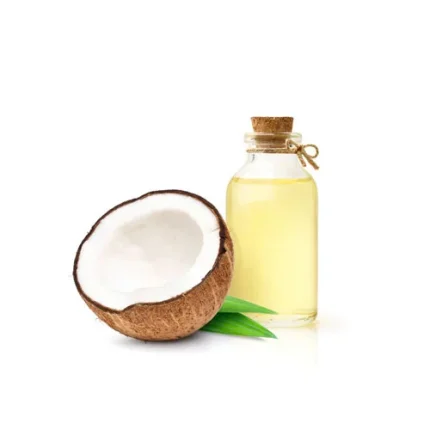
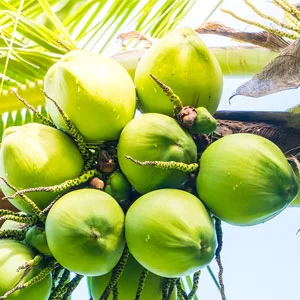
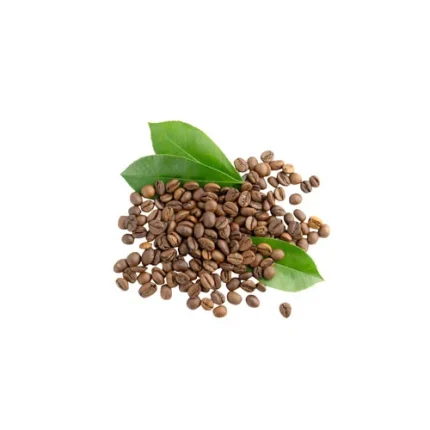
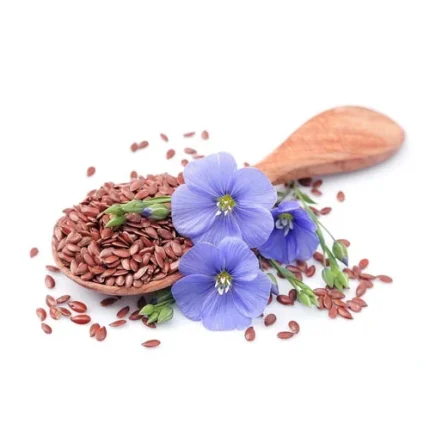
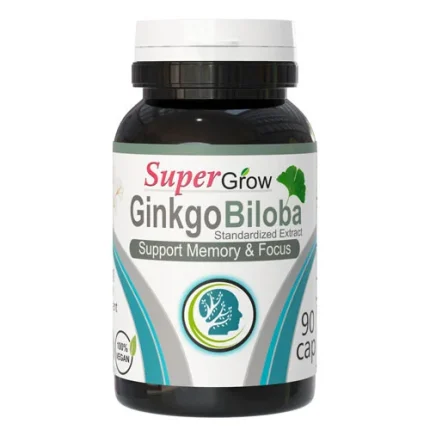
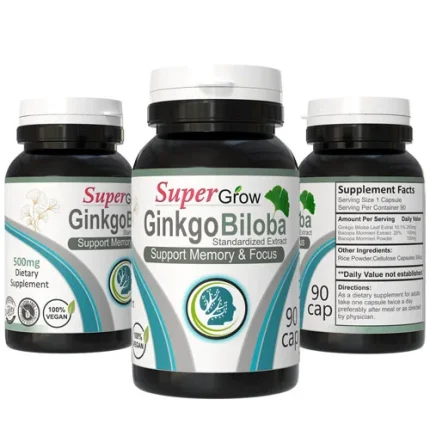
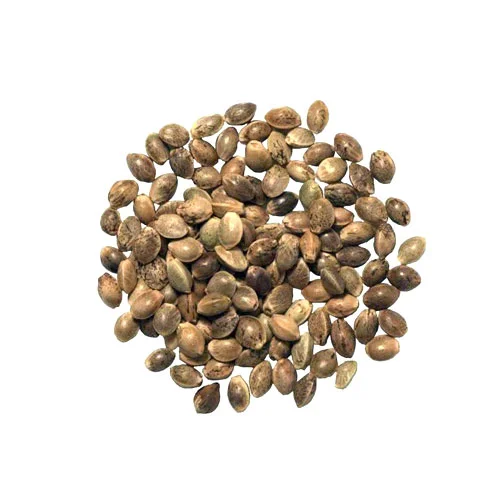

Reviews
There are no reviews yet.